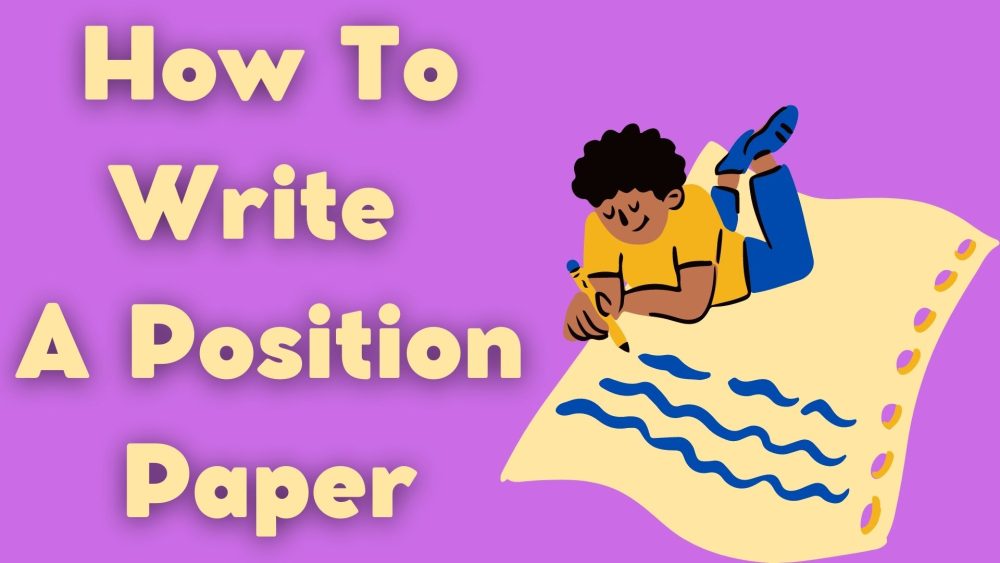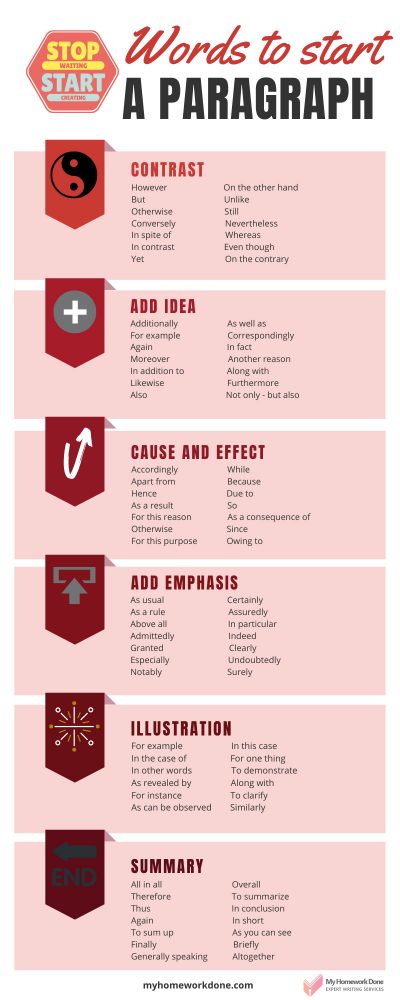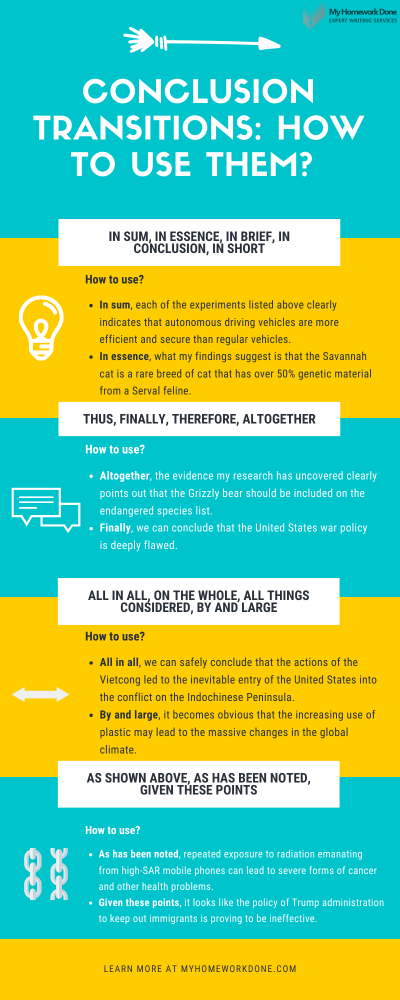
If you have ever had to write any academic assignment, then you know the importance of writing a great introduction paragraph. Because it is the first thing a reader will see, there are some really high stakes when it comes to setting the right tone and mood. If you’ve ever thought about how to end an introduction email, you know that you can be informal and take a more conversational tone — or perhaps even wondered if you could just “pay someone to do my homework” to save the effort.
An introductory paragraph to an academic assignment, however, needs to be much more professional without crossing the line and being too boring. The following gives a simple strategy and answers some important questions on how to end an introduction hook end.
Creating an Introduction Paragraph Outline
A popular and effective strategy for writing an introduction paragraph is to wait until the end after you have a full understanding of how your body paragraphs have taken shape. Start with an outline and fill in words or phrases for the hook, the background information, main questions, and thesis statement. If you were to learn how to end an introduction speech you start broad and move toward something specific.
You should follow this same strategy for a written assignment. Don’t dwell too much in explaining everything in-depth. You should give information that is helpful for the reader to understand the topic, but not be allowed to form a full opinion before you get into the body of the assignment.
How to Conclude an Introduction: FAQ
When students are learning how to conclude an introduction paragraph they usually have several questions. They can turn to the web or writing guides for answers, but we understand that time is of the essence in cases where an assignment is due in a matter of days. It’s completely different from the conclusion you write in the end. We’ve gathered the most common and are addressing them here.
1. What is the Purpose of an Introduction Paragraph?
The introductory paragraph of any academic assignment has a simple purpose: to explain to the reader what you will be discussing. This includes introducing the topic, providing background information, presenting the central argument you will be making. Another important component of an introduction paragraph is a well-written hook sentence which is usually placed at the very start of the paragraph.
The format for an intro is pretty standard and will vary only slightly depending on what academic discipline you are studying. If necessary, get a hold of a couple of examples to review and learn to mirror when you start crafting your own.
2. Can a Thesis Statement be at the End of the Introduction?
Absolutely! The most effective and common way is to end your intro is to do so with a thesis statement. The thesis should clearly state, in a concise manner, what the topic and purpose of the assignment is. Some people will write complex sentences combining more than one idea, but this is largely a strategy you should avoid until you’ve become a master at writing thesis statements and present more complicated ideas.
Your thesis statement has its greatest impact when placed at the end of the intro. It serves as a natural transition to your first argument, but more important places the rest of the assignment into context. It is usually a good idea to come up with a final thesis statement after you’ve written the rest of the assignment. This helps you narrow its focus to a central point.
3. What Introduction Paragraph Format Should I Use?
There are some standard paragraph formats you should stick to when writing your introduction. Generally speaking there it should start with a hook, followed by background information, questions you are addressing, and ending with a clear thesis statement. Your hook can be anywhere from one to three sentences – as long as it achieves its purpose of grabbing the reader’s attention.
The introduction paragraph should not be more than ten or twelve sentences. Don’t include any of your arguments, save these for the assignment body paragraphs. Just be certain to provide appropriate background information to put the entire work into context. Then end with a thesis statement letting the reader know what your paper is about and what you will be arguing.
4. How to End a Thesis Statement with a Great Hook?
You may have learned about starting the introduction with a hook statement to catch the reader’s attention. But there is also another effective use of a hook: that is, ending your thesis statement with a hook. Your thesis must tell the reader what side you are taking on an issue, but you can also utilize a question, a definition, a quotation, or a short metaphor to give the thesis statement an extra punch. Just be sure to consider the content and reader when you end with a hook.
There are a time and a place to use the information and since the hook will come after the thesis, it can’t take away attention from your main point. If you distract the reader with a poorly written hook, you may cause him or her to re-read the thesis and lose their interest. But still, it is quite an effective way of how to end an introduction in a creative way.
So, How to End Introduction Paragraph
What it boils down to is that the first few lines of your assignment need to capture your reader’s attention, but the last words he or she reads will have a great impact on setting the tone and mood for the rest of your work. Before reading all of your arguments in support of your thesis, the reader needs to clearly understand what it is you are writing.
So, even though you may wait to write the introduction last, you need to have a clear plan on how to end introduction paragraph in place before starting. Try some of the suggestions mentioned above or get your hands on an introduction paragraph example written by a professional. Our expert homework writers can provide you with a custom-written example or even write the intro for you. Just let us know what you need and we’re ready to help.






